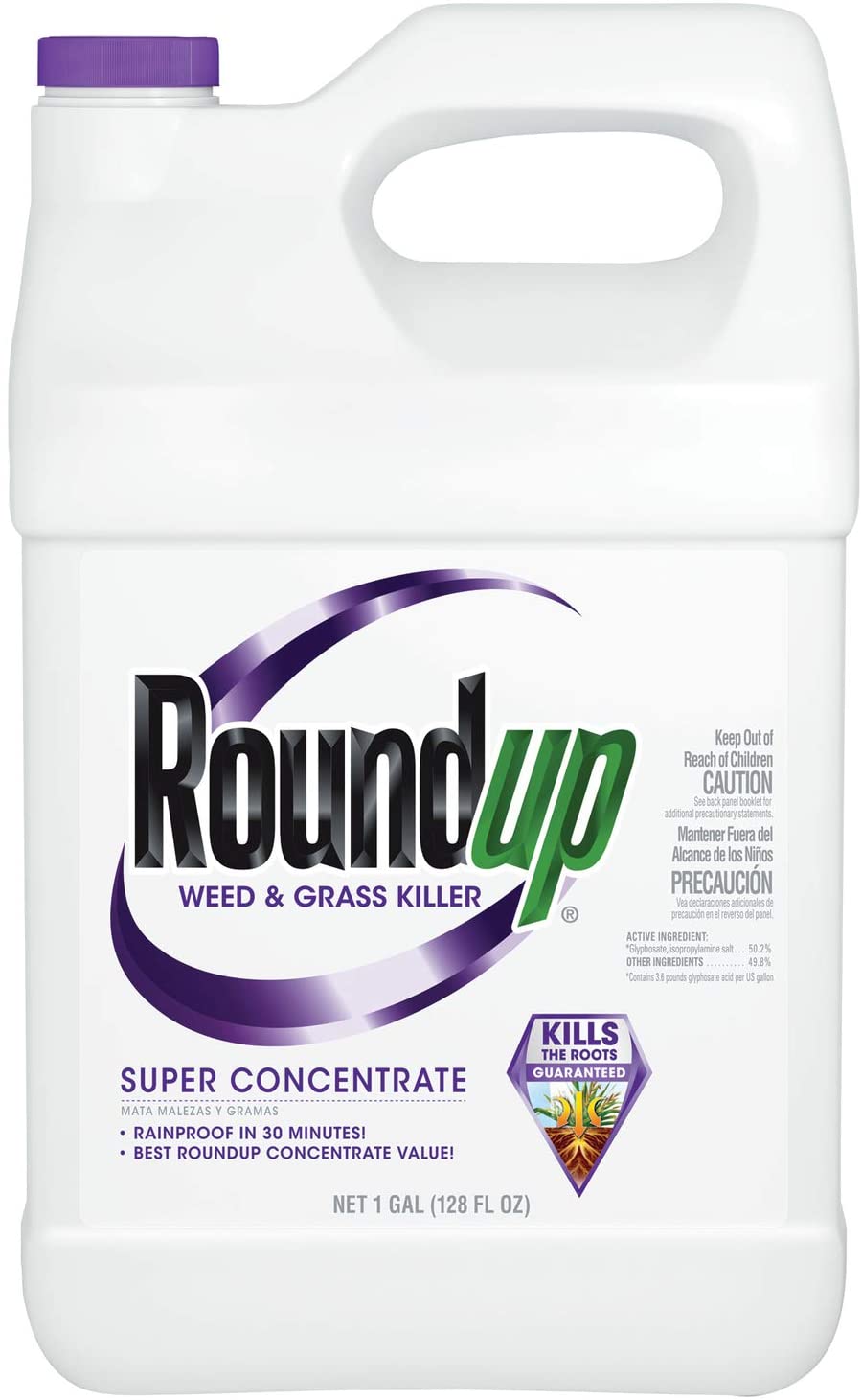Multiple jury verdicts in the Bay Area confirmed the link between the widely-used herbicide Roundup (a Monsanto product) and lymphoma cancer, and now, parent company Bayer is hoping to resolve future lawsuits with a proposed $2 billion settlement — its second attempt at reaching an agreement. Product users who were later diagnosed with non-Hodgkin’s lymphoma would receive up to $200,000 in compensation — or more in “exceptional circumstances.” The settlement would remain ongoing for four years, but a judge could approve additional time and/or increase the $2 billion budget if both sides requested the change.
The settlement is still waiting for approval from a federal judge in San Francisco, who criticized Bayer’s first attempt at settling. Last summer, Bayer and a group of plaintiffs’ lawyers were sent back to the drawing board after being denied their proposed $1.25 billion agreement.
Not only is the new version financially larger, but it is also less restrictive, allowing non-participants more freedom to pursue their cases in court with only some limitations on damages. Additionally, the settlement would add information to Roundup’s label, saying it may cause non-Hodgkin’s lymphoma, an often deadly cancer. While the label would not directly state Roundup as a cause of the disease, it would include a link to information related to both sides of the legal battle. It would also provide Monsanto product users with free medical evaluations and legal advice as needed.
In another new section of the settlement, a group of scientists will be chosen by Bayer and the plaintiffs’ lawyers to conduct an independent study on Roundup’s active ingredient, glyphosate, and its links to cancer. Although the U.S. Environmental Protection Agency has declared the product safe, the International Agency for Research on Cancer, part of the World Health Organization, determined in 2015 that glyphosate was a probable cause of human cancer.
Bayer previously settled up to 125,000 suits with a nearly $10 billion agreement, all directed at U.S. residents who said they had been diagnosed with cancer or other illnesses after using Roundup or Ranger Pro, another product that contained glyphosate.


